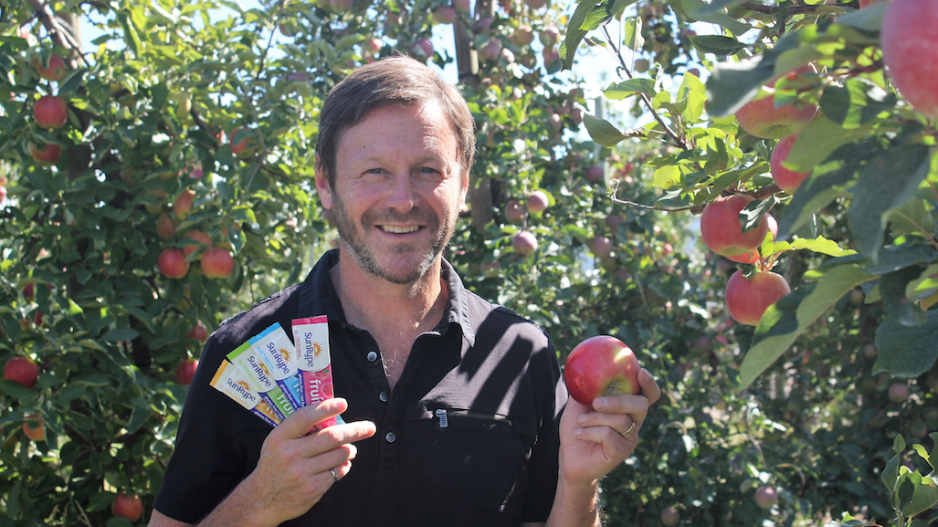An agreement earlier this month between the Canadian government and Chinese e-commerce giant Alibaba (NYSE:BABA) aims to make it easier for B.C. companies to reach the 400 million consumers who use that company’s platforms.
Following the September 3 joint declaration of co-operation, the Canadian government set up an online store (Canada.tmall.com) on Alibaba’s Tmall platform.
The partnership also commits the parties to help Alibaba secure a “representative and commercial presence” in Canada, according to the Prime Minister’s Office.
Lululemon Athletica Inc. (Nasdaq:LULU), Arc’Teryx and Norco Bicycles are among the B.C. companies already selling products on Alibaba.
“Tapping into new markets is part of our growth strategy,” said SunRype president Dave McAnerney, whose company has been using Alibaba for several years and has enjoyed substantial annual growth.
He said Alibaba generates more SunRype sales than do e-commerce giants Amazon.com or eBay.
McAnerney added that an understanding of how goods are delivered guides SunRype’s strategy for what products to sell on Alibaba. Items sold through the site are often simply tossed into a backpack and driven by moped to the consumer’s home.
“We found that certain products don’t pack so well,” he told Business in Vancouver.
“A juice carton might end up looking a bit like a football by the time it gets to the person’s home.”
One of SunRype’s most popular items on Alibaba platforms is its Fruit to Go strips, which are 100% fruit-based nutrition bars.
In addition to selling larger 72-packs, the company sells individual Fruit to Go bars for about $0.40 each, which McAnerney said allows Chinese consumers to buy just enough to meet a threshold for free shipping.
Kelowna-based SunRype has marketing and business development staff in the Okanagan who interact with a Chinese company that has established the supply chain for SunRype products.
Selling on Alibaba can be complicated.
The company operates various platforms, including Taobao, Alibaba.com and Tmall sites.
Chinese entrepreneurs pay to create online Tmall stores and then set up web pages to sell their products.
Canada’s Canadian Pavilion site is an example of one of those stores. When buyers click to buy items, they get redirected to one of the Canadian stores operating on Tmall.
SunRype’s Chinese partner operates a Just Order store, but it also resells SunRype products to owners of other stores so they can sell the goods.
Using a hypothetical example, McAnerney said, “say that our Chinese partner might make 15 points of margin on our products, but he might also sell to another online store and make only five points of margin, but he does that because he knows that we’ll move much more volume if we’re on the other store as well.”
He said Canadian products have a strong reputation in China because many Chinese citizens value the quality of Canadian food items more than their Chinese
That is why SunRype products sold in China have the same English and French labels that they carry in Canada. Chinese-language labels are then manually slapped on each box to meet that country’s label regulations.
To stimulate demand in China for Canadian products and facilitate visas, the Canadian government has committed to open seven government offices in secondary Chinese cities.
But Vancouver’s Joseph Cooke, president of Web Presence in China (WPIC), doubts those offices will increase demand for Canadian goods in China.
“We don’t get that excited about [the future trade offices], but it’s encouraging. It’s a step in the right direction.”
Cooke said a better strategy for B.C. business owners who want to sell their goods in China is to focus on a digital strategy.
“I can’t encourage someone to search for a Canadian product, but I know that there’s existing demand for many products,” Cooke said.
“Can I put a Canadian product atop that search? I sure can.”
In addition to performing search engine optimization within Alibaba and Baidu, the Chinese equivalent of Google, Cooke markets products in online forums and on social media.
“There is no Facebook or Twitter, but there are social media platforms such as WeChat and Weibo.” •




